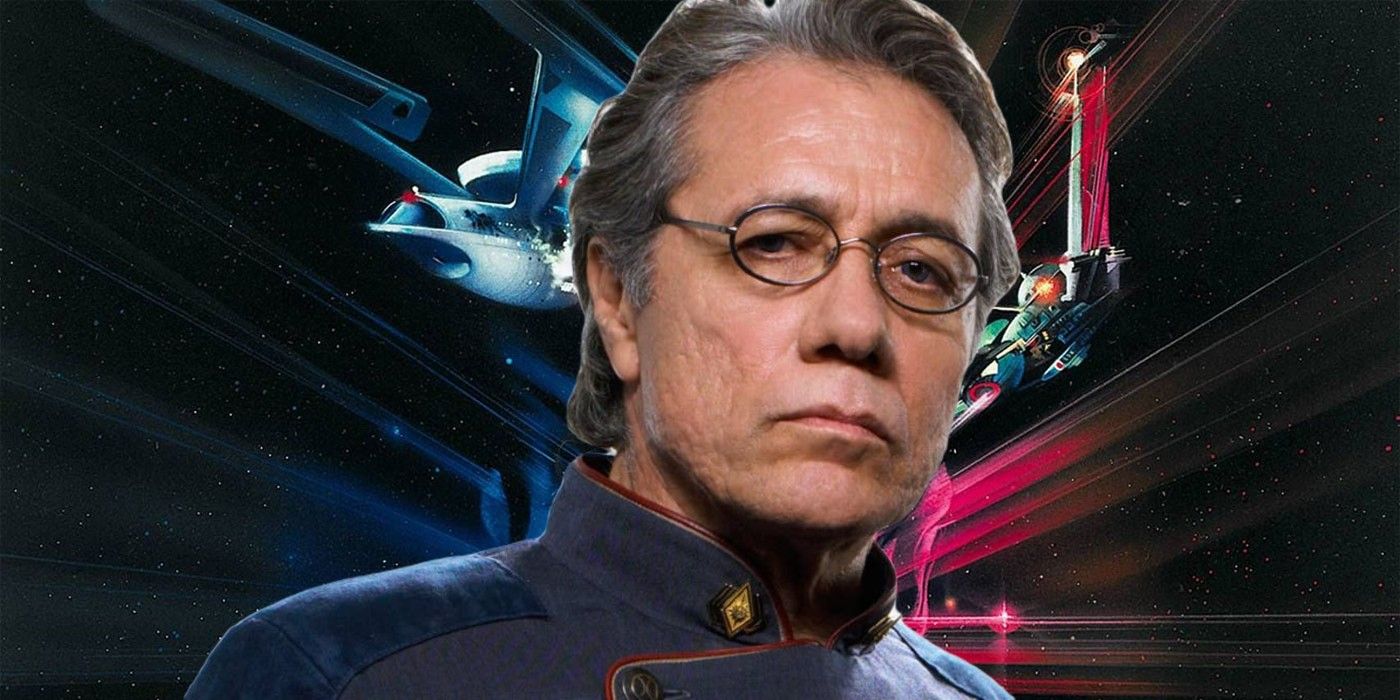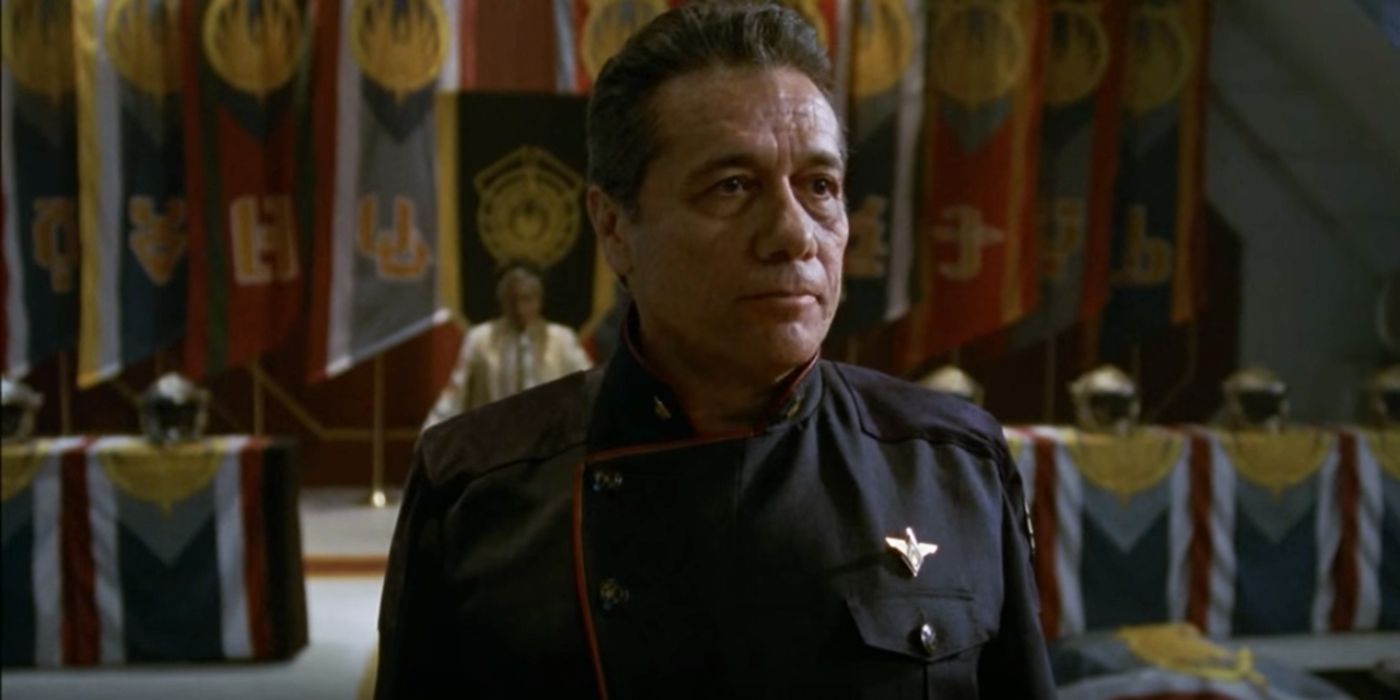
One Battlestar Galactica star told showrunners he wanted his character to drop dead if they ever decided to introduce aliens on the show. Fortunately, the creatives behind the show had better ideas in mind already, and fans were too invested in the mythology and world-building of the series to even notice. But all it would have taken for the series to lose one of its iconic characters would have been for one writer to push for a storyline with an alien life-form, perhaps even one seen in the original series.
When SciFi rebooted Battlestar Galactic in 2003-2004, producers Ronald D. Moore and David Eick knew going in that they would have to re-imagine a lot of the elements from the 1970s original if the series was going to survive. Chief among the improvements was the decision to find ways to ground the series a bit more in terms of grittiness, accountability, and even mortality, in ways that people do not always associate with a science fiction series. On top of that, they managed to assemble a top notch cast, which included such talent as Edward James Olmos as Commander Adama, Mary McDonnell as President Roslin, Katee Sackhoff as "Starbuck" Thrace, and Tricia Helfer as Cylon "Number Six."
In a recent interview with AV Club, Olmos spoke on his unique contract on Battlestar Galactica that included a stipulation that he wanted Commander Adama to die if he ever saw aliens appear on the series. On his first day with the producers he told them that if he spotted any "weird outer-space people" he would proceed to "faint" on camera, and force the writers to kill him off by saying he had died of a heart attack. Luckily for everyone involved, Moore and Eick were already thinking along the same lines as Olmos. They immediately assured him there would be no creatures of that type. Olmos said:
The writing. The storytelling. The originality of the story itself compelled me to be part of it. It was just amazingly well written by Ron Moore. If you see the pilot, it’s just like, “Whoa, what a movie.” It’s like a movie. It was a television show, but it was just really thought through, which made me want to be part of it. But at the very first meeting I had with the producers, including Ron Moore, I said, “Listen, I’ll do this with you. But I must ask you to be very understanding of what I’m about to say. I don’t want to see any four-eyed people, or weird jellyfish people, or weird outer-space people. Creature From The Black Lagoon-ish type of people. I don’t want things that are out in outer space; you get to this world and all the sudden they have these creatures, giant creatures.” I said, “I don’t want to see any of that.” I will be very honest with you, on my contract I put down that if I see someone that is like that, like some kind of science fiction-type idea of some weirdness out in space, I am going to look at whatever it is that I’m looking at on camera, and I’m going to faint. And I said, “You’re going to have to write, ‘Adama died of a heart attack.’ You’re going to have to write me out. Because I’m out.” [Laughs.] And so they chuckled and said, “No, we’re more to the understanding of Blade Runner.” I said, “Now, that’s really good. There was no monsters in that, they were all human beings.” Well, it was replicants and Cylons, but you know.

While it might seem strange that Olmos would agree to be part of the series if he was so against aliens, he did point out that the script and the story for Battlestar Galactica were what compelled him to join. In the interview, he praised Moore's script in particular, calling it "amazingly well written" and saying it felt very well thought through, and that it was more "like a movie." And he was not completely against science-fiction, as he had been in Blade Runner and had almost been cast in Star Trek III: The Search for Spock decades before, though the latter may be where some of his misgivings about the genre began.
The lack of extraterrestrial species in Battlestar Galactica did not really take anything away from the series. The unique perspective on the conflict between the Cylons and humanity is what made the reboot truly special, a fact that Olmos and the producers clearly realized early on in production. Whether or not they will be able to recapture that same magic in the new series for Peacock is another matter entirely, but hopefully the new creatives will do their research and fully understand why the early 2000s version was so willing to meet Olmos' demand.
SOURCE: AV Club
https://ift.tt/3lBA5Oz
April 08, 2021 at 04:30AM




